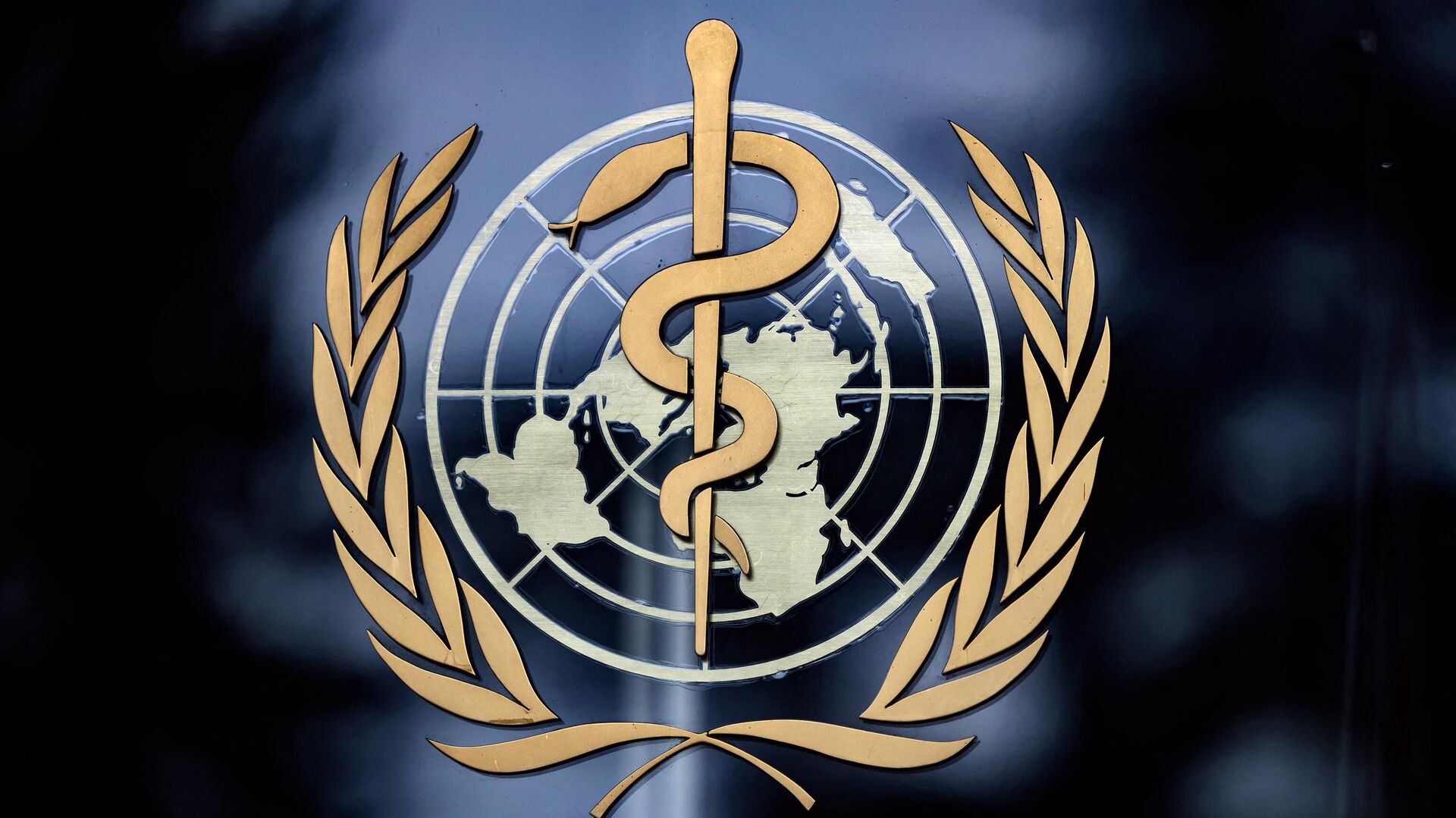https://sputnikglobe.com/20230322/tanzanias-first-marburg-virus-outbreak-kills-five-who-reports-1108695530.html
Tanzania's First Marburg Virus Outbreak Kills Five, WHO Reports
Tanzania's First Marburg Virus Outbreak Kills Five, WHO Reports
Sputnik International
Five people out of eight infected with the Marburg virus disease died in Tanzania's northwest Kagera region, the World Health Organization (WHO) has said.
2023-03-22T16:07+0000
2023-03-22T16:07+0000
2023-03-22T16:07+0000
africa
tanzania
marburg virus
marburg
outbreak
disease outbreak
east africa
world health organization (who)
epidemic
https://cdn1.img.sputnikglobe.com/img/07e7/03/16/1108695977_0:161:3071:1888_1920x0_80_0_0_c0b64088284f7d5cd1c91be9d5ed7c3f.jpg
Five people out of eight infected with Marburg virus disease died in Tanzania's northwest Kagera region, the World Health Organization (WHO) has said.The authorities confirmed eight cases after laboratory tests were carried out following reports of infections and deaths in the region.While Tanzania is struggling with Marburg virus, it is receiving assistance from the WHO.The international health institution is supporting the Ministry of Health to deploy an emergency team to Kagera to carry out further epidemiological investigations.The virus transfers to people from fruit bats and through direct contact with the bodily fluids of infected people, surfaces, and materials.Marburg virus is of the same type as the virus that causes Ebola. It is highly virulent and leads to hemorrhagic fever, a fatality ratio of which amounts to up to 88%.At present, vaccines or antiviral medicines approved to treat the virus do not exist. However, there are ways to improve survival, including rehydration with oral or intravenous fluids and treatment of specific symptoms.
africa
tanzania
east africa
Sputnik International
feedback@sputniknews.com
+74956456601
MIA „Rossiya Segodnya“
2023
News
en_EN
Sputnik International
feedback@sputniknews.com
+74956456601
MIA „Rossiya Segodnya“
Sputnik International
feedback@sputniknews.com
+74956456601
MIA „Rossiya Segodnya“
tanzania, marburg virus, marburg outbreak, marburg disease
tanzania, marburg virus, marburg outbreak, marburg disease
Tanzania's First Marburg Virus Outbreak Kills Five, WHO Reports
Tanzania has never faced an outbreak of Marburg virus. However, it has had to respond to other issues concerning health, including the COVID-19 pandemic or the cholera and dengue outbreaks over the past three years. According to the World Health Organization, the country is at high-to-very-high risk for infectious disease outbreaks.
Five people out of eight infected with Marburg virus disease died in Tanzania's northwest Kagera region, the World Health Organization (WHO) has said.
The authorities confirmed eight cases after laboratory tests were carried out following reports of infections and deaths in the region.
"Five of the eight cases, including a health worker, have died and the remaining three are receiving treatment," the WHO said, adding that "a total of 161 contacts have been identified and are being monitored."
While Tanzania
is struggling with Marburg virus, it is receiving assistance from the WHO.
The international health institution is supporting the Ministry of Health to deploy an emergency team to Kagera to carry out further epidemiological investigations.
"We are working with the government to rapidly scale-up control measures to halt the spread of the virus and end the outbreak as soon as possible," said Matshidiso Moeti, World Health Organization regional director for Africa.
The virus transfers to people from fruit bats and through direct contact with the bodily fluids of infected people, surfaces, and materials.
Marburg virus
is of the same type as the virus that causes Ebola. It is highly virulent and leads to hemorrhagic fever, a fatality ratio of which amounts to up to 88%.
At present, vaccines or antiviral medicines approved to treat the virus do not exist. However, there are ways to improve survival, including rehydration with oral or intravenous fluids and treatment of specific symptoms.


